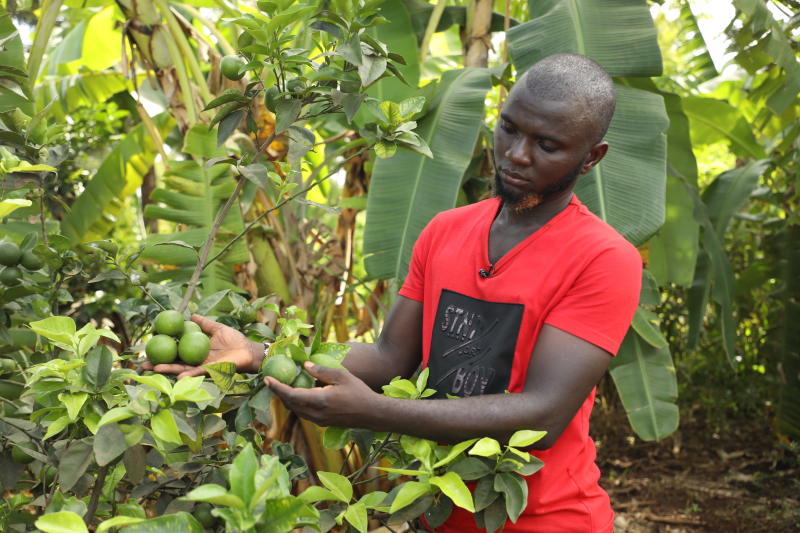×
The Standard e-Paper
Smart Minds Choose Us

Anthony Mutembei, a vet who exports mangoes to UAE. He also keeps livestock.
After completing his studies in veterinary medicine at Egerton University, Anthony Mutembei was lucky to get a job in an NGO. He worked for two years as a field officer, then he quit.